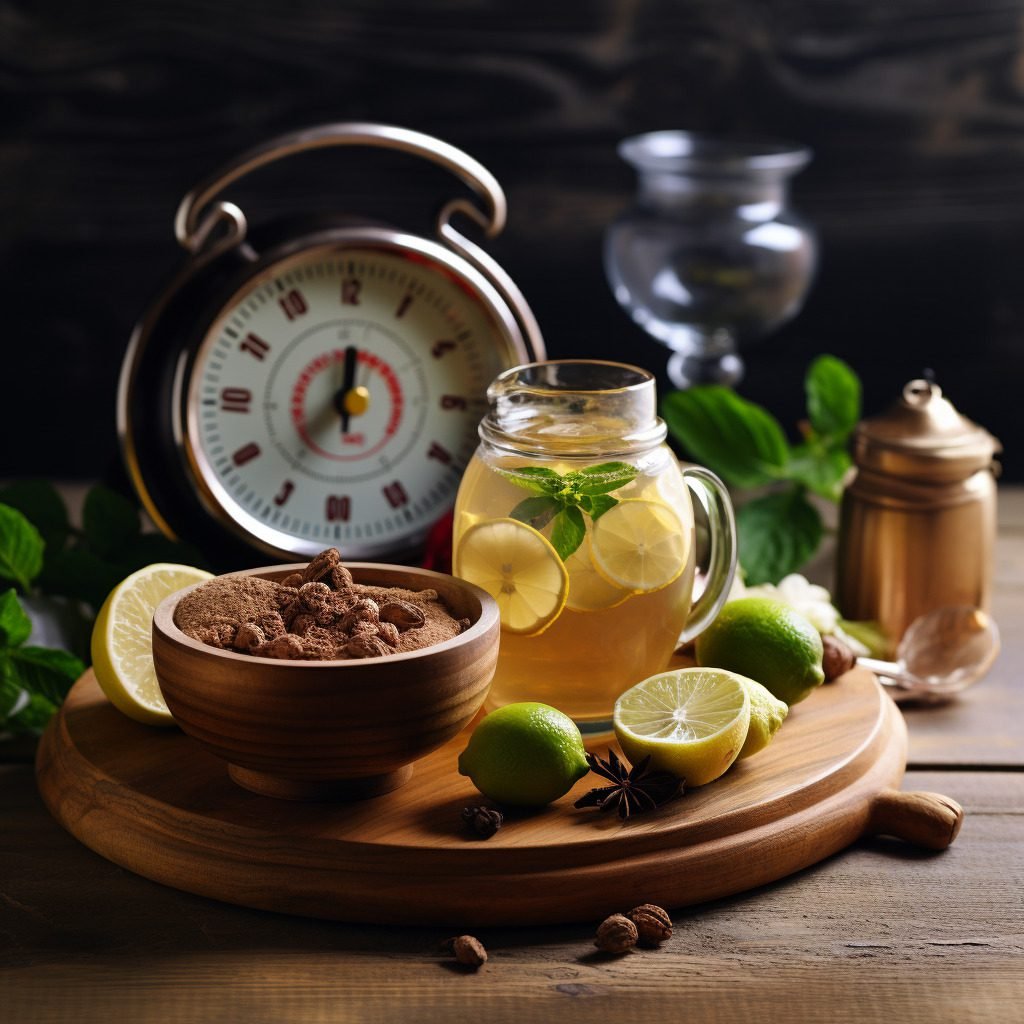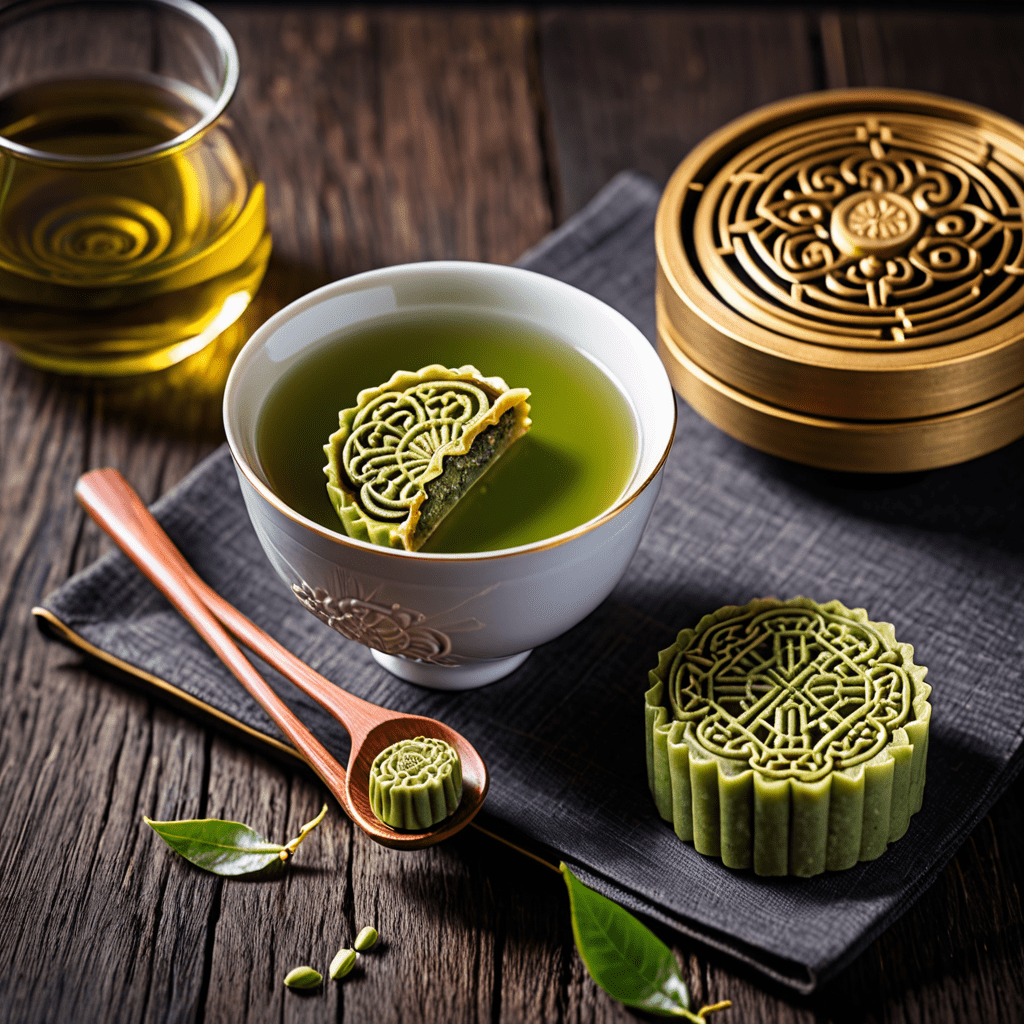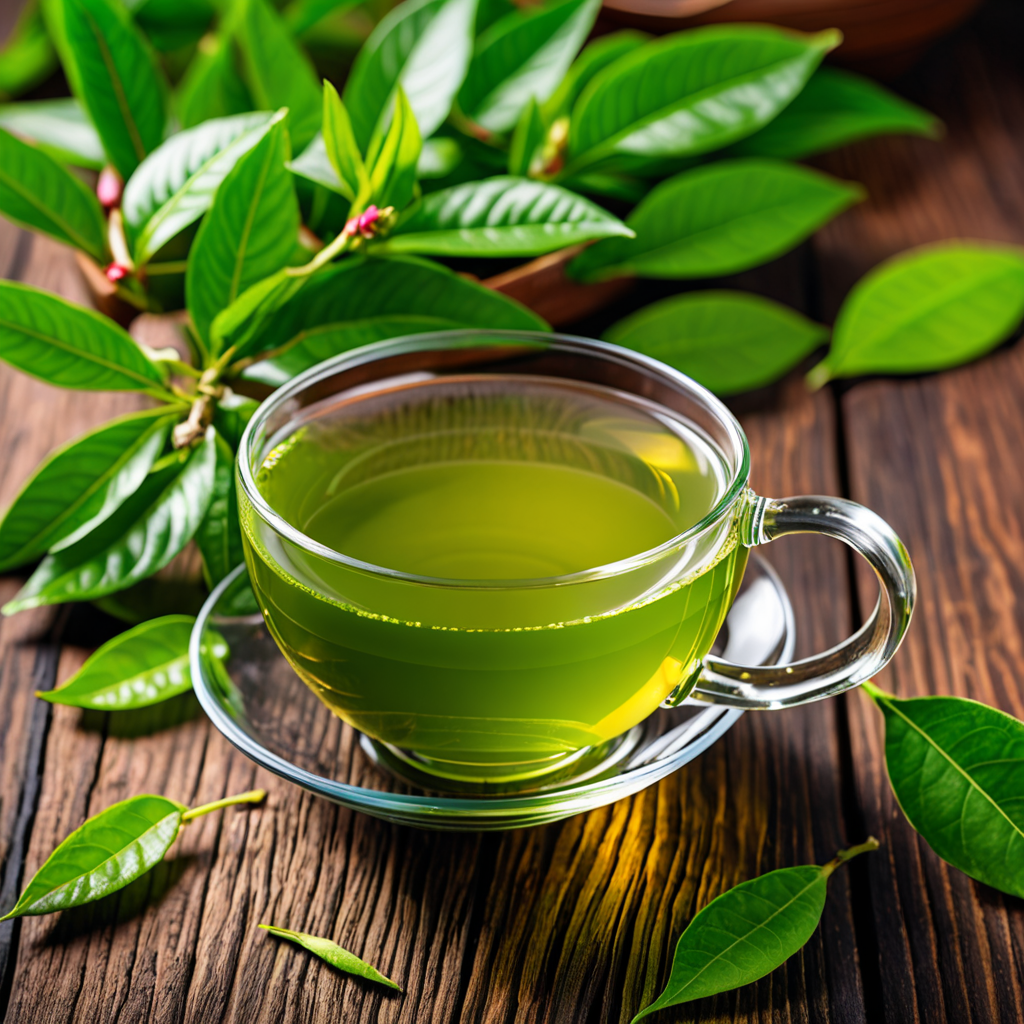The Impact of Tea on Blood Pressure: A Comprehensive Guide
Keywords: Tea and Blood Pressure
Introduction
Tea has been enjoyed for centuries, not only for its delightful flavors but also for its potential health benefits. One such benefit that has gained considerable attention is its impact on blood pressure. High blood pressure, also known as hypertension, is a common health condition that can increase the risk of heart disease and stroke. In this comprehensive guide, we will explore the key elements of tea and blood pressure, provide practical tips for incorporating tea into your routine, and answer frequently asked questions to help you make informed choices.
Key Elements
- Catechins: Tea contains a group of antioxidants called catechins, which have been found to have potential blood pressure-lowering effects. Specifically, green tea is rich in a catechin called epigallocatechin gallate (EGCG), which may help relax blood vessels and improve blood flow.
Flavonoids: Flavonoids are another group of compounds found in tea that have been linked to blood pressure regulation. These plant-based compounds help protect our cells from damage and have been shown to have vasodilatory effects, promoting healthy blood circulation.
Caffeine: While caffeine is often associated with a temporary increase in blood pressure, its long-term effects on hypertension are still under debate. Moderate caffeine intake from tea is generally considered safe for most individuals. However, if you are sensitive to caffeine, it’s important to monitor your consumption.
Tips for Tea and Blood Pressure
- Choose Green or Herbal Teas: Green tea, especially matcha, is known for its high catechin content. Herbal teas like hibiscus, rooibos, and chamomile are also excellent options due to their flavonoid content and potential blood pressure-lowering properties.
Limit Added Sugar: When enjoying tea, be mindful of adding excessive amounts of sugar or sweeteners, as this can counteract the potential health benefits and contribute to weight gain or higher blood sugar levels.
Opt for Decaffeinated Varieties: If you are particularly sensitive to caffeine or want to reduce your overall intake, consider opting for decaffeinated tea options. Decaffeinated green and herbal teas are widely available and provide similar health benefits without the stimulating effects of caffeine.
Incorporating Tea and Blood Pressure
- Make it a Daily Ritual: Incorporate tea into your daily routine by setting aside a specific time to enjoy a relaxing cup. This can help create a sense of mindfulness and stress reduction, both of which can have a positive impact on blood pressure.
Experiment with Different Flavors: With a wide variety of teas available, try exploring different flavors and blends to find your favorites. This can help keep your tea experience enjoyable and prevent monotony.
FAQ about Tea and Blood Pressure
Q1: Can drinking tea replace medication for high blood pressure?
A1: While tea has potential health benefits, it is essential to consult with your healthcare provider regarding medication management for high blood pressure. Tea should not be seen as a substitute for prescribed medication, but rather as a complementary addition to a healthy lifestyle.
Q2: How much tea should I drink to see an impact on blood pressure?
A2: The optimal amount of tea consumption to see a significant impact on blood pressure is still not well-defined. However, incorporating 2-3 cups of tea into your daily routine, along with a balanced diet and regular physical activity, may contribute to better cardiovascular health.
Q3: Are there any teas I should avoid if I have high blood pressure?
A3: While tea is generally considered safe for individuals with high blood pressure, it is recommended to limit or avoid excessive consumption of black or oolong teas, which may contain higher caffeine levels compared to green or herbal teas.
Conclusion
Tea can be a delicious and potentially beneficial addition to a heart-healthy lifestyle. By understanding the key elements of tea and its impact on blood pressure, as well as following practical tips for incorporating tea into your routine, you can make informed choices to support your overall cardiovascular health. Remember to consult with your healthcare provider regarding any concerns or questions specific to your individual health needs. So, sit back, relax, and enjoy a soothing cup of tea while taking care of your blood pressure.



